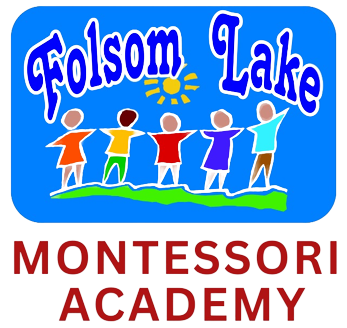Learning Through Play: Educational Benefits of Summer Camp in Folsom Lake Montessori
With the end of term approaching and the arrival of longer daylight hours, numerous parents ponder precisely how to effectively amuse and stimulate their children during their summer holidays. Introducing summer camp – summer fun has never been so educational, this is one of the traditions that have stood the test of time and remains a favourite for many even today. Contrary to having thinking of them as a form of child daycare and a way to keep them engaged during the long summer vacations, summer camps are fertile ground for creativity and other positive developmental experiences.
Engaging Activities that Promote Learning: Summer camp activities therefore are the central function of the summer camp and are specifically chosen, planned, and structured to be both fun and developmental in nature. It doesn’t matter ballet dancing, painting and drawing, football and basketball, or just nature walks and picnicking – all are ways to learn. For instance, arts and craft sessions do help to entertain children during rainy days but also help to enhance fine motor skills, creativeness, and even enhances problem-solving skills. This way, children are not only guided to develop their thinking abilities and to stick to instructions but also to use creativity to depict what they want. Sports and games are another important component that has many educational values in the camp life. Soccer, basketball and other group activities help the child to learn the principles of team work, planning and timely achievement of objectives among others things. As for team activities such as soccer or scouts, being disciplined, patient, and understanding the importance of goal setting and achieving them show what can be benefited from. They are as follows; these education lessons learned socially while in the middle of the playing field or within a pool translate well into positive academic and social discovery.
Education through Nature Summer camp also means that children will get a chance to interact with nature and that can be educative in many ways. This means that while they are fun activities like hiking camping or simply watching animals they are actually a form of science lessons since they involve higher learning that can only be taught during informal education. There is capacity building in understanding of ecosystem, importance of diversity and even young environmentalism.
Sports and Games Summer camps – together with survival – are not only a means for physical and mental development but also the place where children mature socially and emotionally. In this article, growing up, children have to come out of the comfort of their homes and schools and perhaps for the first time engage with strangers and make new friends to form new groups. By double feeding this way, children are psychologically prepared to face the realities of life that can only be overcome through resilience and adaptation that leads to self sufficiency. Camps also have a social benefit of helping children build and hone their social skills being that camps are unique settings where such practices happen. In their day-to-day interactions with fellow kids, being in close contact with them in the course of the day, children acquire knowledge about how they can effectively talk out their issues, understand how others feel, and learn about how they can share and solve problems. These social interactions are helped by camp counselor who are to set good examples and lead the children with what is expected of them and how to engage in healthy interactions.
You are building confidence and independence It is perhaps one of the most important advantages of summer camp to see a child grow in self confidence and independence. Organized camp programs focus on endurance, as the child is expected to perform tasks beyond the acceptable level. Whether it is making it to the top in the high ropes course, dancing in a talent show and even sleeping in a different place away from home, such experiences have a positive effect of boosting up the morale and create a healthier and productive personality. Campers go back home more self-reliant and self-motivated after acquiring more competence in carrying out day to day tasks. They have to believe in themselves to turn into decisions, select the values of the decision, and accept the consequences of their choices. These are important characteristics that are beneficial to learn not only in school but also when outside the educational environment.
In conclusion, it is important to note that summer camps are more than a seasonal amusement, and they are a meaningful formative process that takes place through play activities. This is because camps come with a mixture of physical exercise, learning and social amenities that enable a child to learn and exercise his independence all at one place and time. While parents are preparing for their summers, involvement in camp might be one of the most beneficial things for the child in many aspects.
Schedule a Tour

